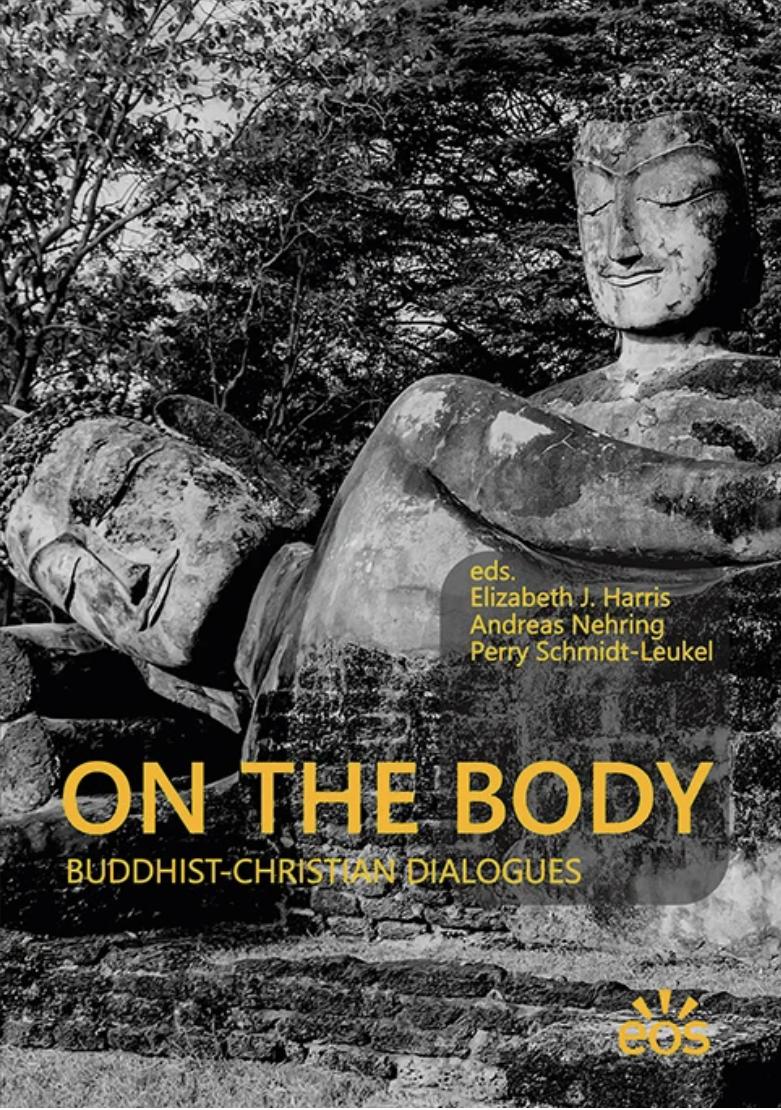 On the Body
On the Body
Harris (ed.), Elizabeth Schmidt-Leukel (ed.), Perry Nehring (ed.), Andreas
In a series of dialogues, scholars and practitioners from Buddhism and Christianity address central facets of the body as perceived in both traditions: the body's impermanence, its relation to the mind, its part in ecology and social relations, its significance in concepts of gender and sexuality, its role in contemplation, prayer and ritual, and its capacity to embody transcendence. Exploring both spiritual wisdom connected to the body as well as short-comings and deficits, the dialogues inquire how both traditions may learn and benefit from the insights of the other. Human existence is embodied existence. By their reflections on the body and body-related practices, Buddhism and Christianity engage with a crucial aspect of our being. In both traditions, the spectrum of views is extremely broad, ranging from outright condemnation of the body to its highest praise as a tool of awakening or a temple of the Holy Spirit.
With contributions by Kajsa Ahlstrand, Raquel Bouso, Michael von Brück, Thomas Cattoi, Sybille Fritsch-Oppermann, Shodhin Geiman, Ruben Habito, Elizabeth Harris, Claudia Jahnel, Amy Paris Langenberg, David Loy, Andreas Nehring, Carola Roloff, Markus Rüsch, Perry Schmidt-Leukel, Peter Tyler, Werner Vogd and Fabian Völker.
Link to the Publisher
 On Saturday, October 11, 2025, during its annual conference at the Melchanthon Academy in Cologne, the Institute for Interreligious Studies (INTR°A, Schwerte) awarded this year’s Project Prize for Complementarity of Religions to two projects in the field of Christian-Buddhist dialogue, the “European Network of Buddhist Christian Studies (ENBCS)” and “Compassion in Action (MiA, Hamburg)”. The prize money totalling €5,000 will be divided equally between the two projects. On behalf of the ENBCS, the award was accepted by its chairman, Prof. Dr. Perry Schmidt-Leukel,
On Saturday, October 11, 2025, during its annual conference at the Melchanthon Academy in Cologne, the Institute for Interreligious Studies (INTR°A, Schwerte) awarded this year’s Project Prize for Complementarity of Religions to two projects in the field of Christian-Buddhist dialogue, the “European Network of Buddhist Christian Studies (ENBCS)” and “Compassion in Action (MiA, Hamburg)”. The prize money totalling €5,000 will be divided equally between the two projects. On behalf of the ENBCS, the award was accepted by its chairman, Prof. Dr. Perry Schmidt-Leukel,

 On the Body
On the Body
 Beyond Boundaries
Beyond Boundaries The Celestial Web: Buddhism and Christianity - A Different Comparison
The Celestial Web: Buddhism and Christianity - A Different Comparison Euro-Buddhism and the Role of Christianity
Euro-Buddhism and the Role of Christianity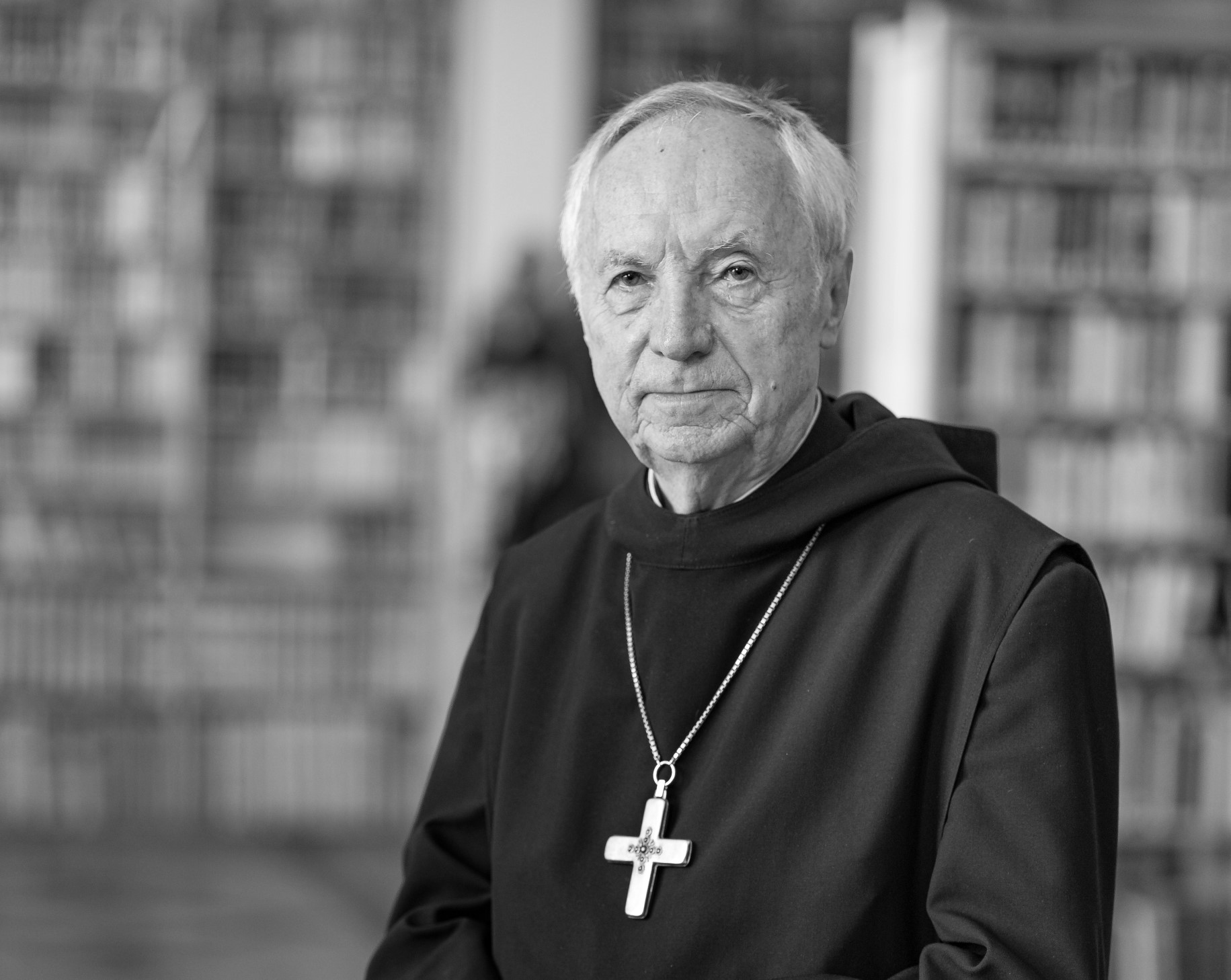 Very unexpectedly, Abbot Notker Wolf OSb of St. Ottilien died on April 2nd 2024. He was a pioneer in the dailogue of religions. As a young archabbot of St. Ottilien in 1979 he had invited a large group of buddhist monks and shintoist priests. This turned out to be a beginning of a long friendship between various Buddhist groups from East Asia and Ottilien, which continues til today. He also had generiously supported the work of the European Network of Buddhist Christian Studies. See also
Very unexpectedly, Abbot Notker Wolf OSb of St. Ottilien died on April 2nd 2024. He was a pioneer in the dailogue of religions. As a young archabbot of St. Ottilien in 1979 he had invited a large group of buddhist monks and shintoist priests. This turned out to be a beginning of a long friendship between various Buddhist groups from East Asia and Ottilien, which continues til today. He also had generiously supported the work of the European Network of Buddhist Christian Studies. See also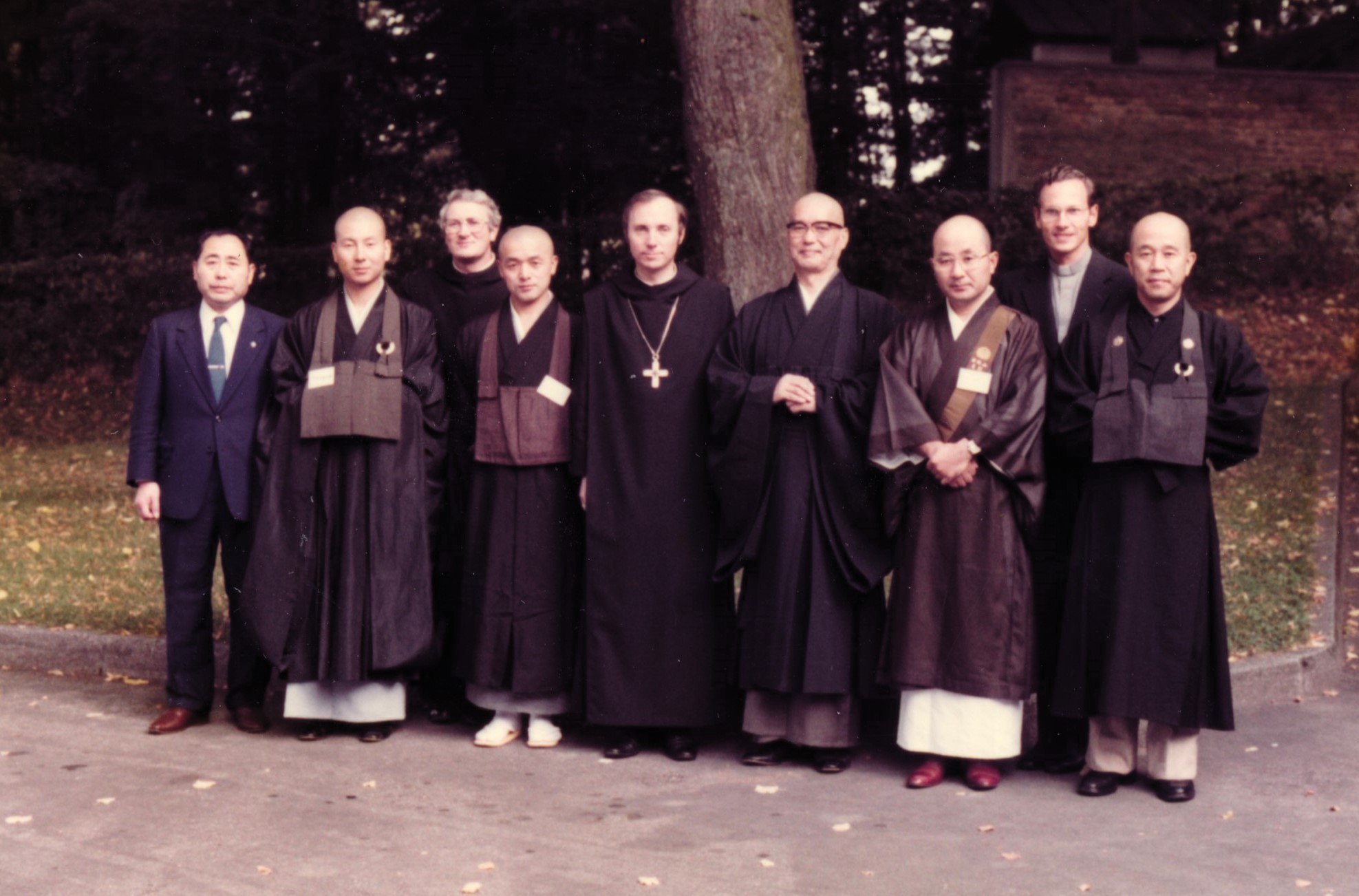
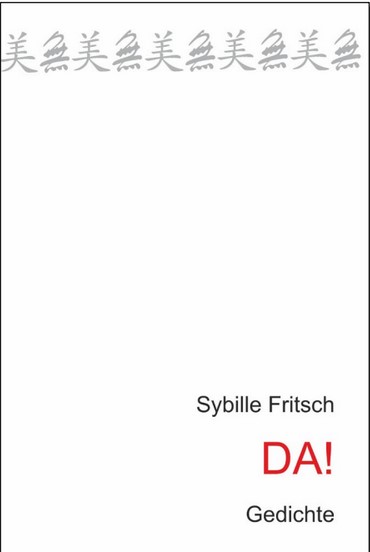 DA! - Gedichte
DA! - Gedichte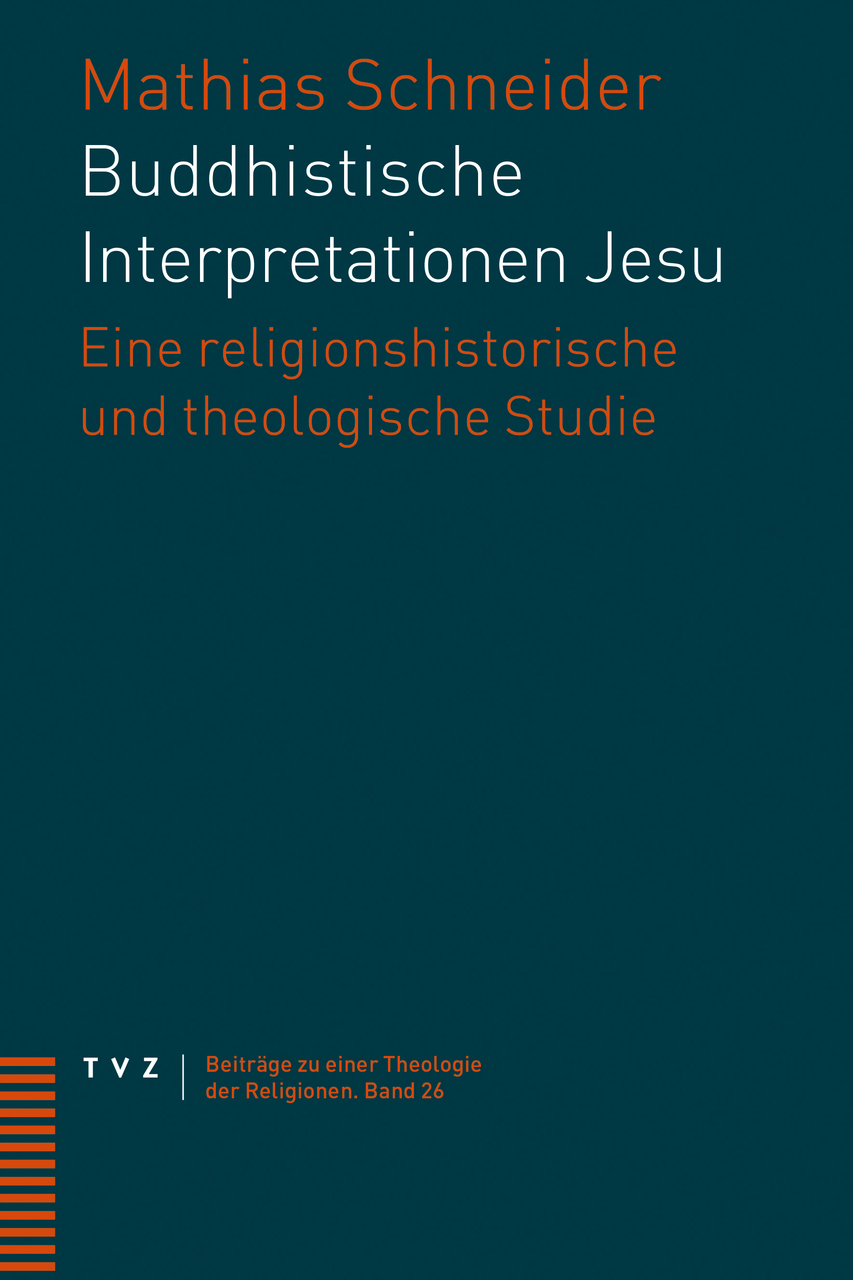 Buddhistische Interpretationen Jesu
Buddhistische Interpretationen Jesu